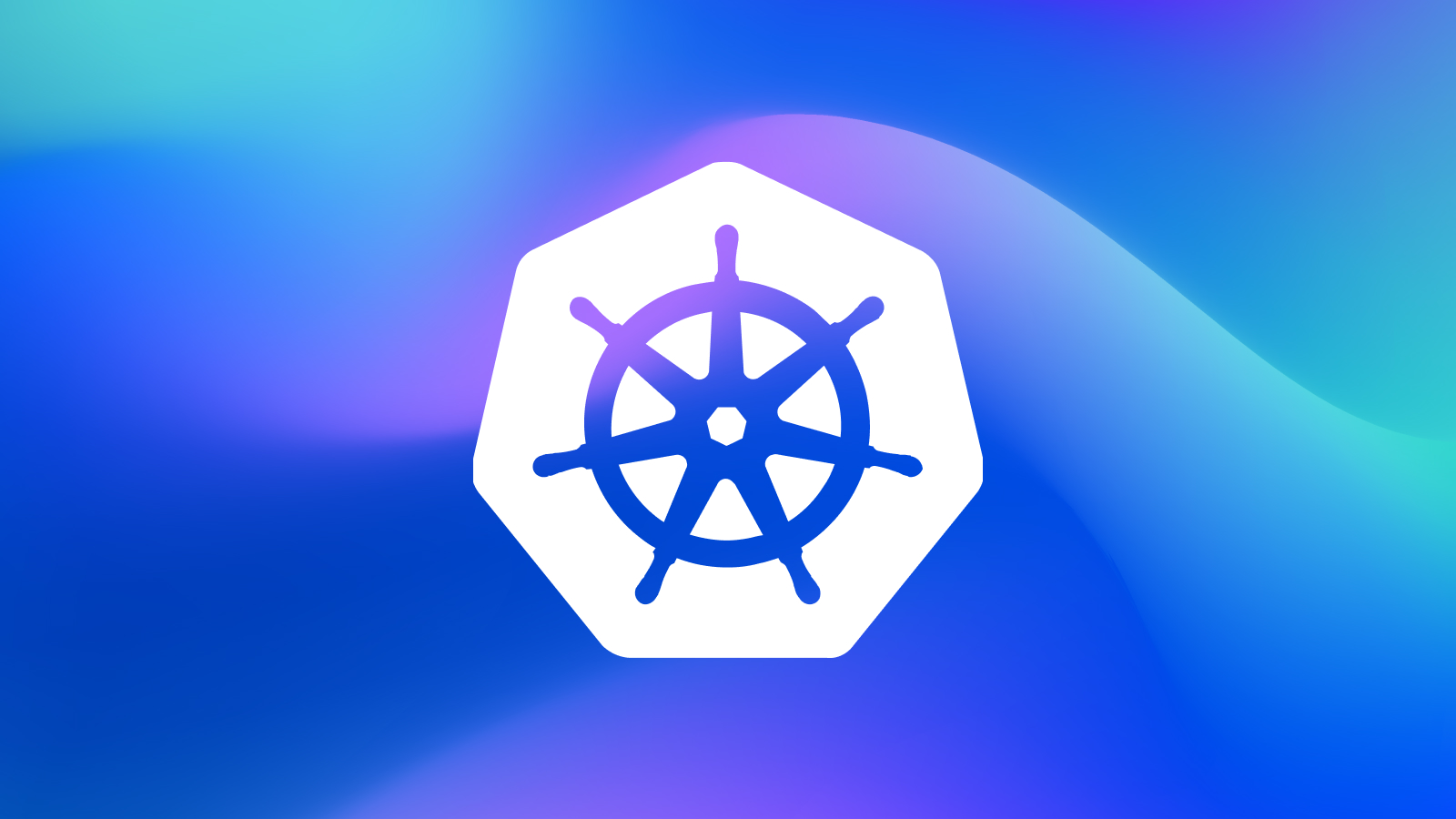In an article published by The Register’s Tom Claburn, Dynatrace chief technology strategist Alois Reitbauer shares his insights on the transformative role Kubernetes played in initiating the cloud-native movement. He explains how this open source project has set the industry standard for container orchestration since its inception.
The article, titled “K8s celebrates KuberTENes: A decade of working together,” applauds the collective efforts of more than 88,000 members of a committed community who have offered code and insight to improve Kubernetes. Their collective contributions have helped to establish Kubernetes as the primary container orchestration software for 71 percent of Fortune 100 companies.
10 years of Kubernetes: Key takeaways
As we commemorate the 10th anniversary of Kubernetes, it is important to appreciate its history. Kubernetes traces its roots back to Google’s internal Borg and Omega cluster management systems from the early 2000s. Google open-sourced Kubernetes in 2014, positioning it as a competitor to Amazon Web Services, which was already offering open-source software as a service.
Kubernetes has since dominated the market, thanks to “effective evangelism and project governance, attentive development, and a committed community.” A significant factor in Kubernetes’ success is the Certified Kubernetes Conformance Program, which helps to prevent vendor lock-in by ensuring workload portability.

Reitbauer observed: “You can say pretty much everybody right now is finding their way, at least for the new applications, to move them into Kubernetes.” He credits this shift to the early days of the DevOps movement when infrastructure was built more as code but was still tied to individual machines. Kubernetes eliminated this dependency with the introduction of containers.
“By using containers, we can also package up software components in a way that allows us to not really wonder what’s inside because we have the standard interface of the container,” Reitbauer explained. “Kubernetes has become almost like this operating system of applications, where companies build their platform engineering initiatives on top.”
Kubernetes simplifies the complexities of building and running applications, enabling organizations to innovate at the pace required to keep up with market and consumer demands today. As it continues to scale to accommodate modern AI workloads, it will provide a critical foundation to fuel innovation in the era of AI.





Looking for answers?
Start a new discussion or ask for help in our Q&A forum.
Go to forum